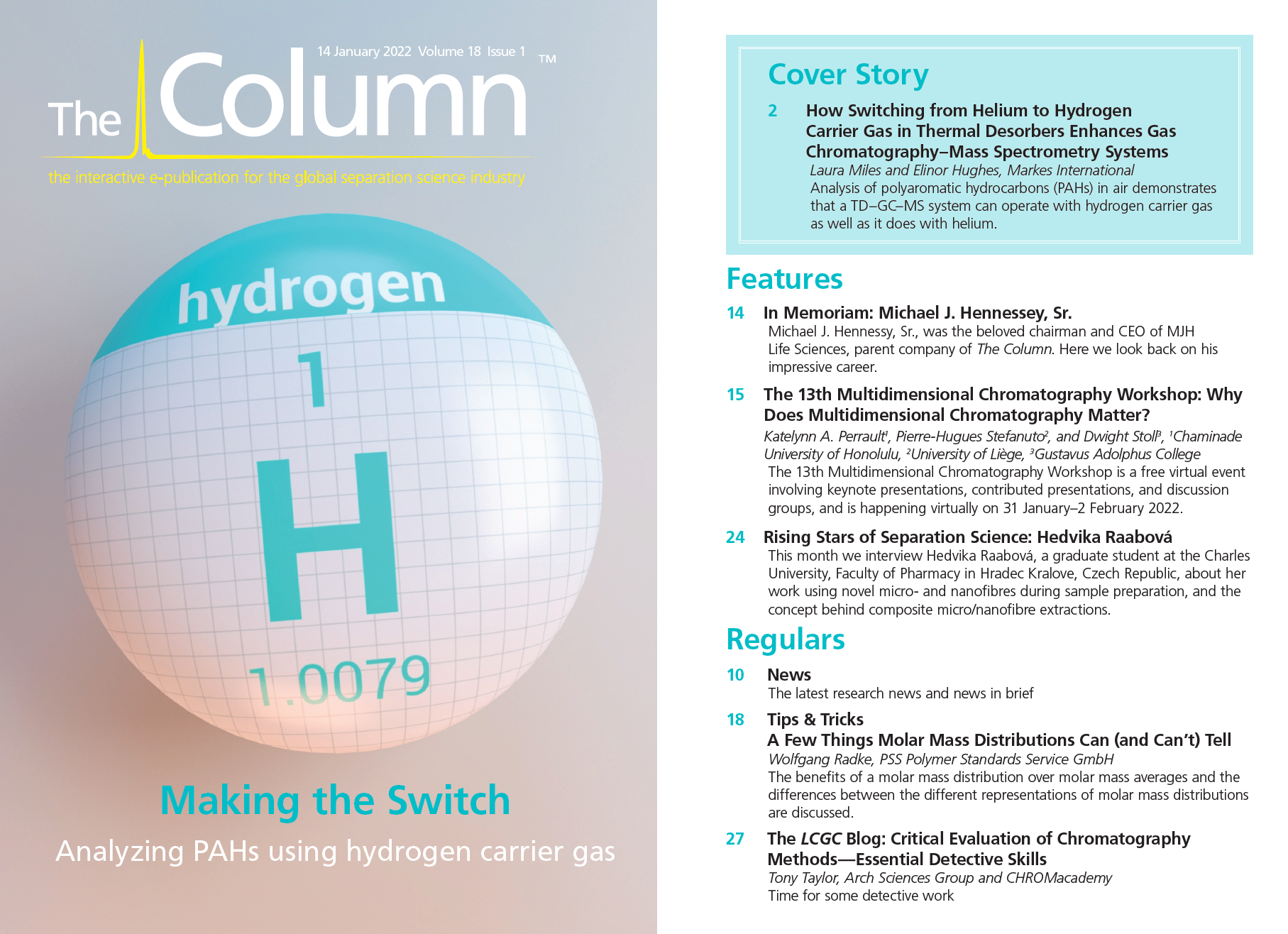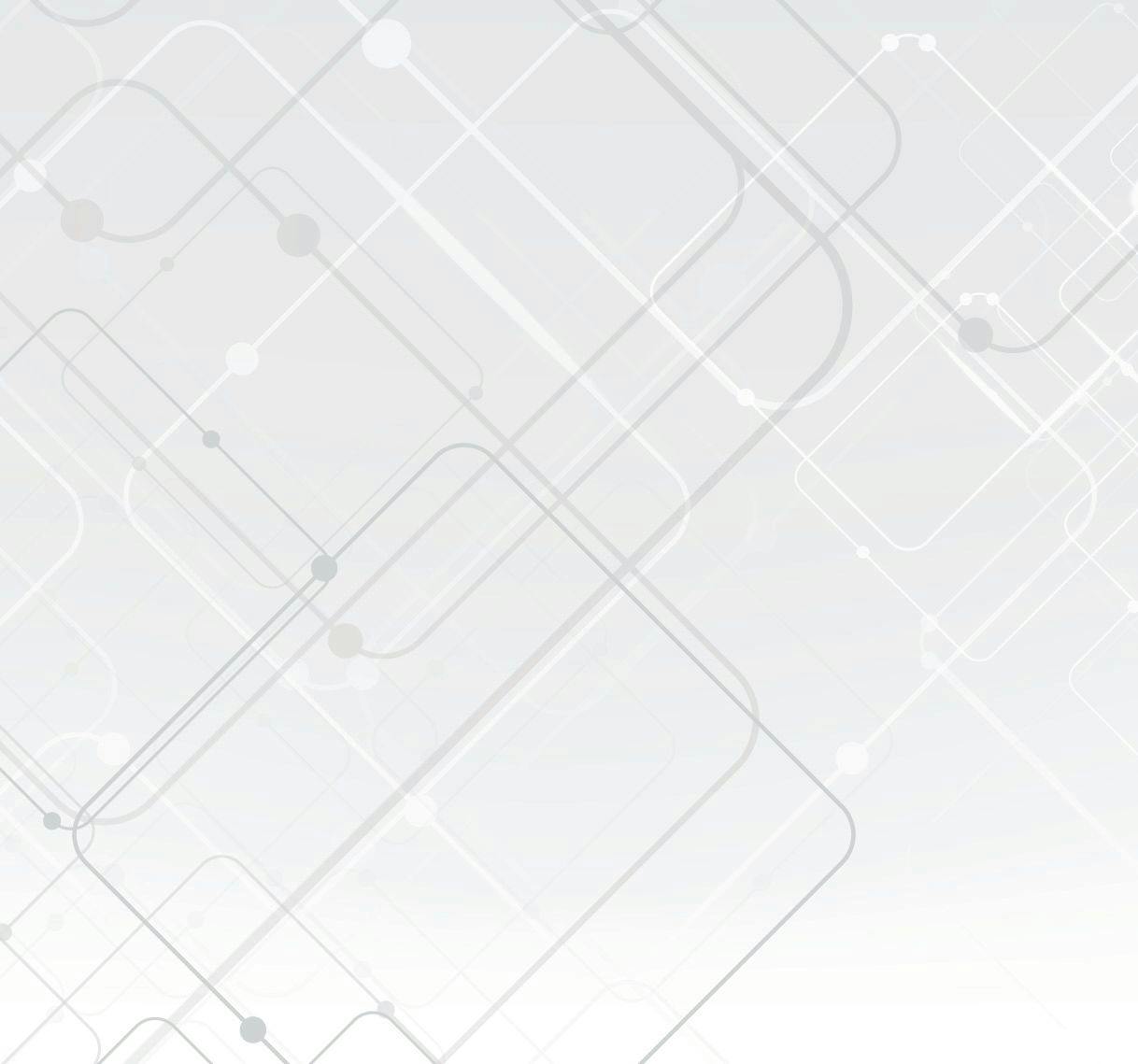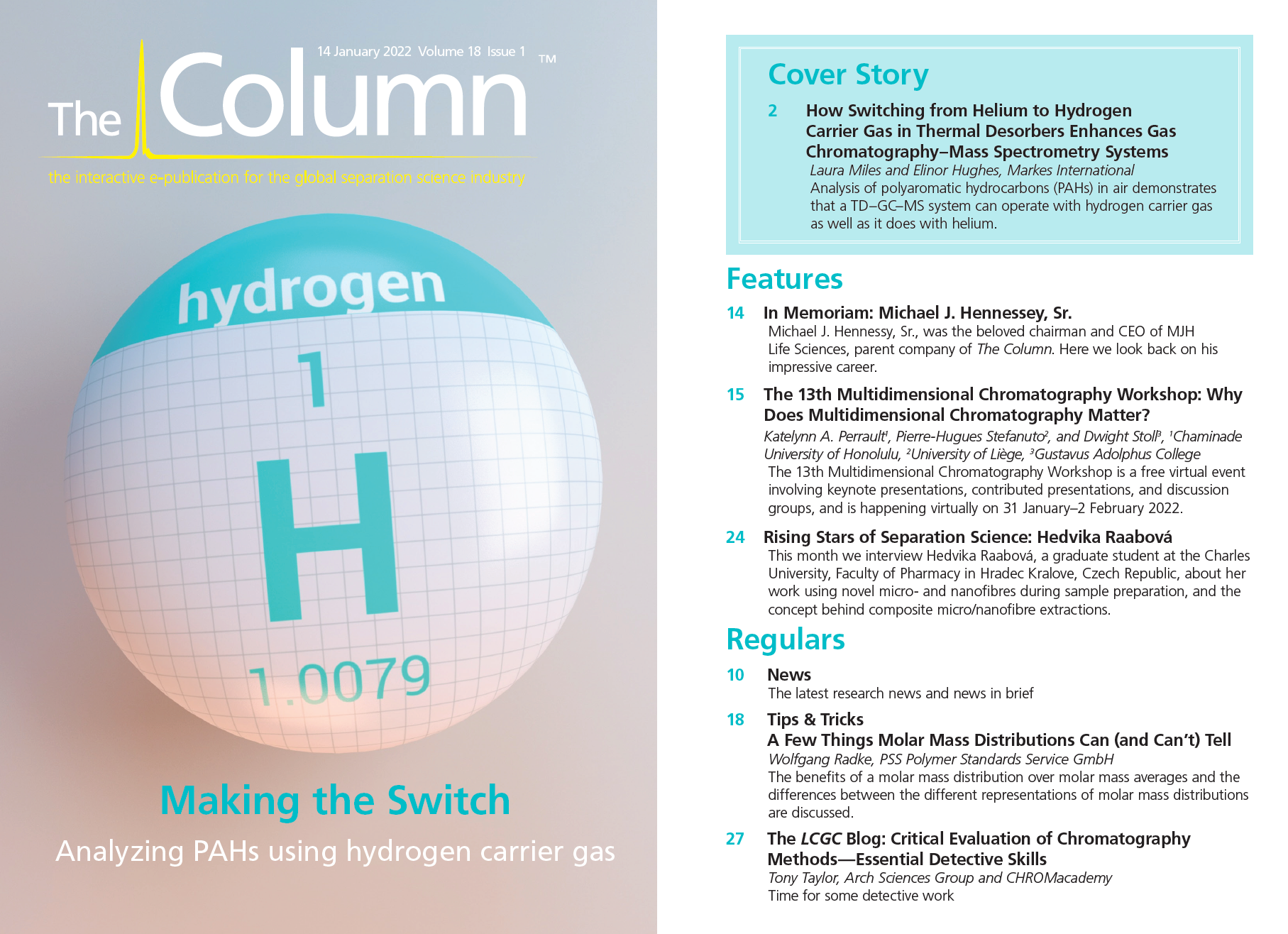Novasep Invests €6 Million into Chasse-sur-Rhône Site
Novasep (Lyon, France) has announced a €6 million investment of its Chasse-sur-Rhône site, in Lyon, France. This investment will increase and modernize its manufacturing capabilities to support new generation active pharmaceutical ingredients (APIs), in areas such as oncology, central nervous system (CNS), and infectious diseases.
Continuous, or flow chemistry, is a growing area of importance in API manufacturing, offering advantages such as improved productivity, reduced energy and solvent consumption, better reaction control, increased process safety, and reduced exposure for personnel over traditional batch chemistry.
Novasep has invested heavily into flow chemistry since the establishment of a research platform at the Chasse-sur-Rhône site in 2013. This latest investment sees the installation of a cGMP flow reactor, and strengthens the site’s ability to develop methods for efficient process development under continuous flow conditions.
“The addition of a cGMP flow capability at manufacturing scale, a technology which Novasep has been working on for several years in R&D, is an important step forward to strengthen our competitiveness in the active pharmaceutical ingredients market,” said Catherine Vindevoghel, Site Director of Chasse-sur-Rhône.
“We are proud of this investment, which will increase employment opportunities in France whilst improving responsiveness and reinforcing manufacturing capacities for essential therapeutic drugs for our customers, and ultimately for patients,” continued Vindevoghel.
In parallel, Novasep continues to reinforce its capabilities on the site for low to medium volume APIs, in response to increased customer demand (through the debottlenecking of drying and purification capacities, and the addition of a new clean room). These investments will enable Novasep to accommodate customers’ growing needs for outsourced API manufacturing services, increasing flexibility, reinforcing state‑of‑the‑art technologies, and strengthening its competitiveness.
The investment project was also selected and supported by the French government as part of the “France Relance” recovery plan. The programme rewards innovative and promising industrial investments in France, with the aim of reinforcing production capabilities of APIs for essential therapies, increasing economic growth and boosting employment.
For more information, please visit: www.novasep.com

New TRC Facility Accelerates Innovation and Delivery
April 25th 2025We’ve expanded our capabilities with a state-of-the-art, 200,000 sq ft TRC facility in Toronto, completed in 2024 and staffed by over 100 PhD- and MSc-level scientists. This investment enables the development of more innovative compounds, a broader catalogue and custom offering, and streamlined operations for faster delivery. • Our extensive range of over 100,000 high-quality research chemicals—including APIs, metabolites, and impurities in both native and stable isotope-labelled forms—provides essential tools for uncovering molecular disease mechanisms and exploring new opportunities for therapeutic intervention.
New Guide: Characterising Impurity Standards – What Defines “Good Enough?”
April 25th 2025Impurity reference standards (IRSs) are essential for accurately identifying and quantifying impurities in pharmaceutical development and manufacturing. Yet, with limited regulatory guidance on how much characterisation is truly required for different applications, selecting the right standard can be challenging. To help, LGC has developed a new interactive multimedia guide, packed with expert insights to support your decision-making and give you greater confidence when choosing the right IRS for your specific needs.

.png&w=3840&q=75)

.png&w=3840&q=75)



.png&w=3840&q=75)



.png&w=3840&q=75)














